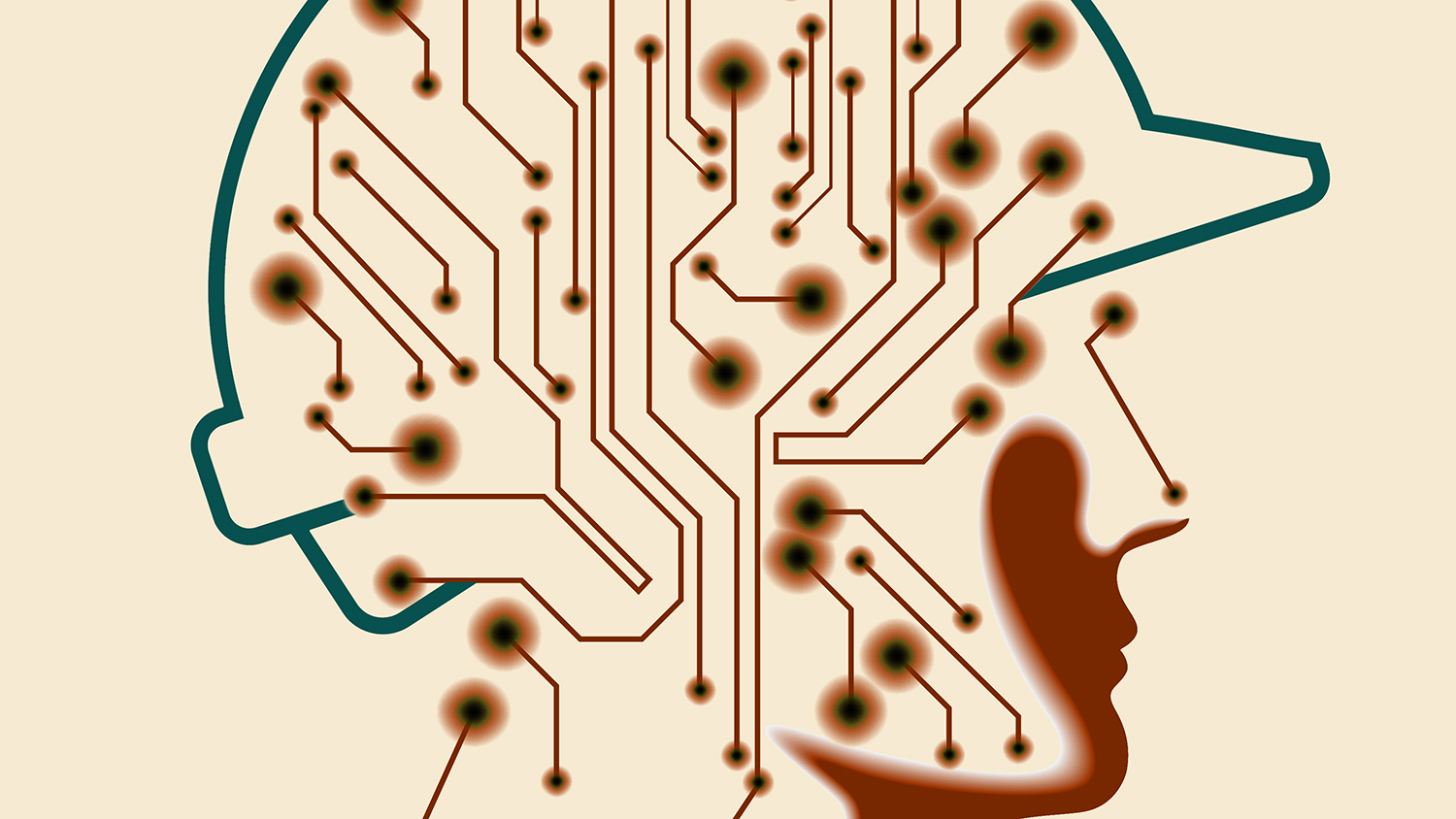
With the emergence of chatbots like ChatGPT, one construction manager asks our contract clinic if artificial intelligence could be used instead of lawyers for drafting construction contracts? Bill Barton responds.
The question
I’ve heard that artificial intelligence (AI) can be used to deal with contractual issues. Could a chatbot replace a lawyer for drafting and reviewing the contract on my next construction project?
The answer
Would people mourn the passing of lawyers? It is debatable. Nevertheless, they provide a service based on experience and skill. They suggest and provide words that convey a meaning, agreed by everyone, to describe a position or a risk.
However, are they about to be replaced by AI or ChatGPT?
There already exists the ability for contracts to be created with little human involvement. For example, human input into terms and conditions for consumer goods like a new kettle is surely on the wane.
There are standard forms of building contracts, such as JCT and NEC, which pre-date the computer. These could be produced by AI, providing the scope of changes were minimal.
So, is there any reason why AI cannot be used to produce the bulk of a more complex contract? After all, there are several standard clauses for insurance, deleterious materials, copyright. There are also any number of boilerplate clauses.
It is not that AI cannot produce a large part of even a fairly complex contract.
The concern is whether AI can make it specific and bespoke to the project.
Will it address the specific issues and concerns of the parties, the imbalance of bargaining position, the difference in risks, liabilities, obligations and rewards?
To create a successful contract, you must first understand the basic division of all these issues between the parties, then consider how they are already provided for. Then consider what changes you need to make and how far to go.
Variations in contract wording
It is rarely a case of a 180-degree change in drafting. More often, subtle tweaks rebalance risks between parties in such a way as to divide a risk 70:30 on one item and perhaps 60:40 on another. Can AI predict and provide for such variations in contract wording, based on the stance, experience, risk appetite and beliefs of individual parties to a project?
Therein lies an issue with computer drafting. You will have to teach the computer how to differentiate between different risks. It will need to understand that the risk a party takes across the entirety of a contract is not the same. It is also likely that the risk one party is willing to accept on a contract is not the same as a different party would take based on exactly the same information.
That is because your appetite for – or fear of – risk will be changed by your personal experience. If a party to a project suffered from major delays and extra costs due to weather and or materials, then they will pay greater attention to those risks in their next contract.
AI-generated contracts exist and provide a valuable alternative in the right circumstances. However, with a slight re-emphasis on punctuation, the meaning of a sentence or clause can be changed entirely. Therefore, with ongoing requirements to amend, adapt and in some instances alter risk and wording, humans still have the upper hand.
Bill Barton is a partner at Barton Legal











